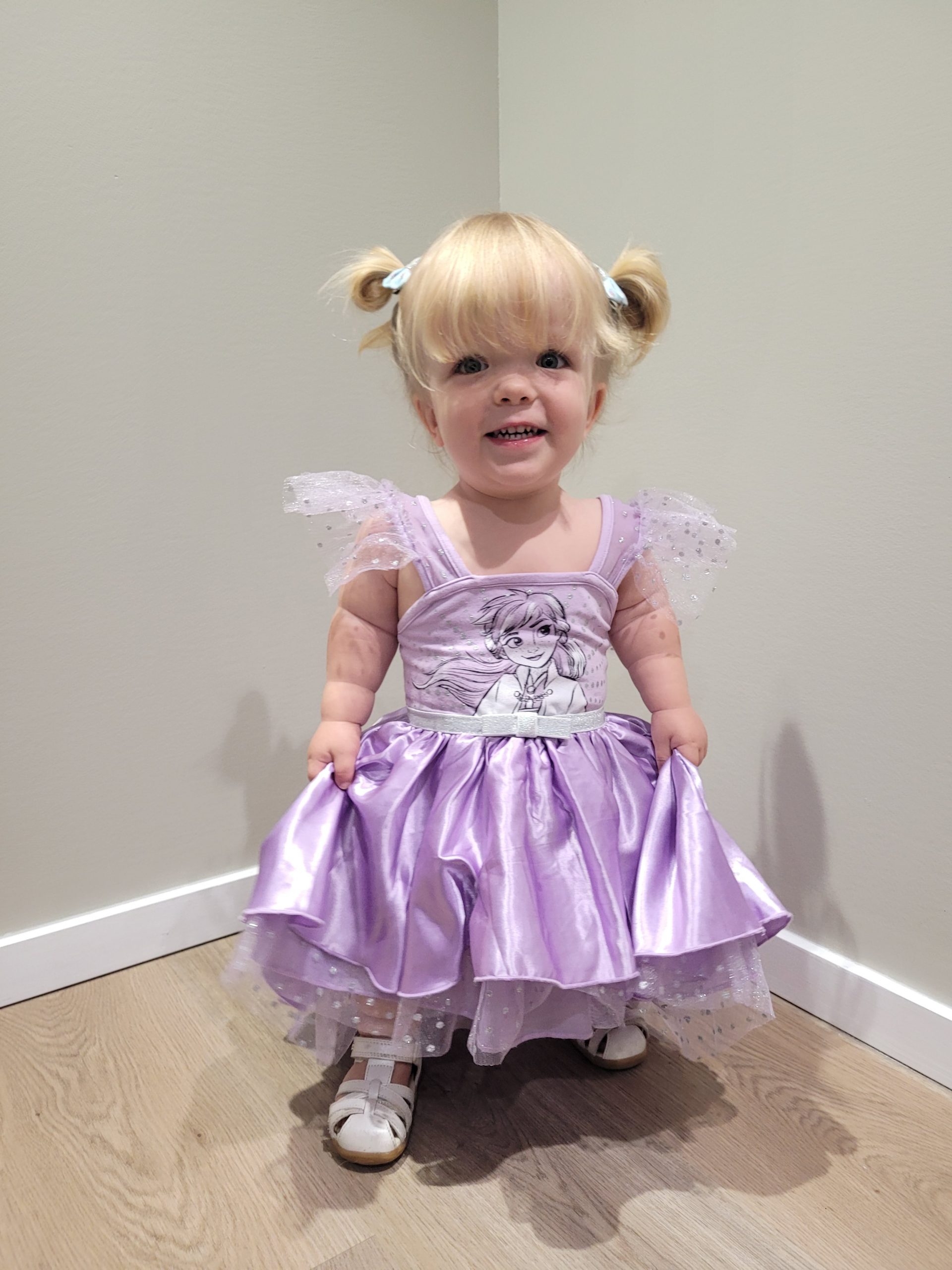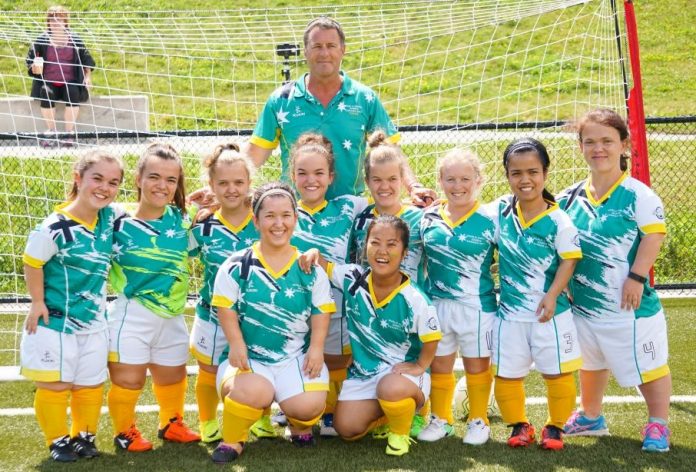An important convention is coming to the Sunshine Coast this weekend, to give a new perspective on a condition that effects about 651,000 people worldwide.
The Short Statured People of Australia (SSPA) National Convention will take place at Alexandra Headland from September 18 to 24.
Its aim is to bring people of all ages with short stature together from across the country, along with their partners, family or carers – plus create more community awareness on the condition.
Known commonly as dwarfism, the medical condition affects bone growth resulting in short statue.
While there are more than 200 forms of dwarfism and skeletal dysplasia, the most common is achondroplasia, which is a genetic disorder that results in disproportionate short arms and legs.
The average height of adults with achondroplasia is four-foot, or less than 147 centimetres, and it is estimated there are more than 1100 Australians living with the condition.
SSPA is a not-for-profit organisation that provides support and aims to assimilate people with dwarfism into society through equality of education, social status and employment opportunities.
This is the first time in two years that the conference will take place in person. It is the first time it will be held on the Sunshine Coast.
For local mother Candy McKennon, the event will be important for her and 2.5-year-old daughter Keira, who was born with achondroplasia.
Ms McKennon found out of her daughter’s prognosis during a 28-week pregnancy scan and says the past few years have a steep learning curve.

Keira has already undergone spinal decompression surgery late last year, which is common for someone with achondroplasia.
Regardless of how tall Keira will grow, Ms McKennon says she has a larger-than-life personality and she is a “typical toddler”.
“Keira has a huge personality,” her mum says.
“She’s loud, she is boisterous, she is full of attitude and sass like most two-and-a-half-year-old girls.
“She is also full of determination.”
Admitting there is a lack of support on a local level, Ms McKennon says the SSPA convention will be an important opportunity to meet other families in a similar situation.
“We are ever so lucky to be chosen on the Coast here, this will be my first convention so I don’t know what to expect but excited it’s right on my doorstep,” she says.
“I think these sorts of events for something so rare are a great opportunity for a talking point to discuss dwarfism and people with difference in our community.”
About dwarfism
The condition is often caused when a gene mutates during pregnancy, and about 80 per cent of people born with achondroplasia do not have a family history. For parents with a form of dwarfism who have a child, the odds are much greater that their child will have a condition of dwarfism as well. Most people with dwarfism live long, fulfilling lives and go to school, work, drive cars and have children. One of the biggest challenges for people with short stature is feeling accepted and integrated into everyday society. Visit sspa.org.au.





